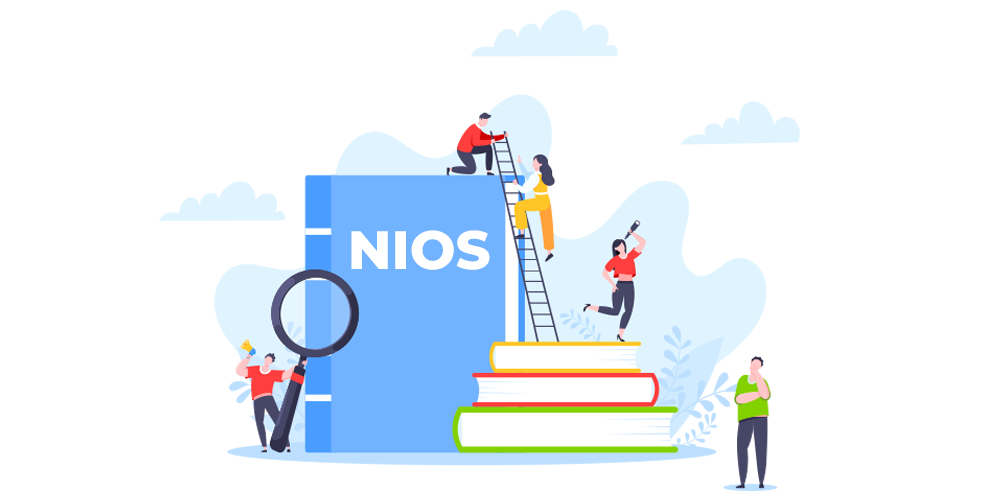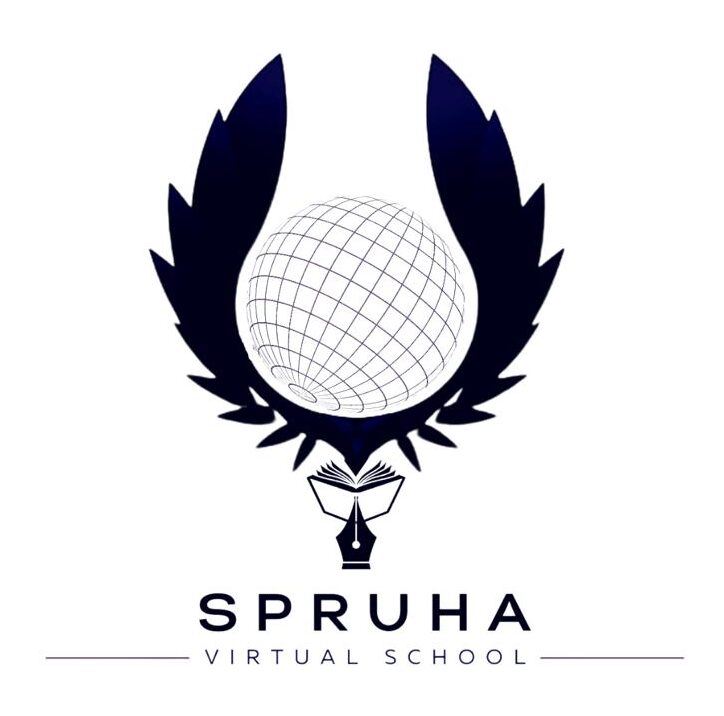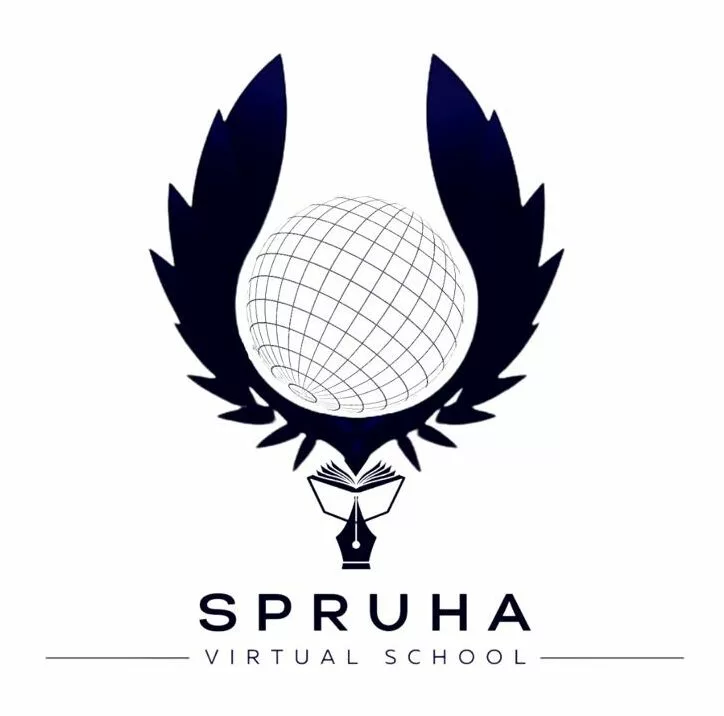In a world where conventional schooling might not suit everyone’s needs, the National Institute of Open Schooling (NIOS) emerges as a beacon of flexible and inclusive education. NIOS, an autonomous institution under the Ministry of Education, Government of India, offers a unique opportunity for students to pursue school-level education through open and distance learning. This blog will delve deep into the history, structure, benefits, challenges, and impact of NIOS, providing a thorough understanding of this educational institution.

History and Evolution
NIOS was established in 1989 by the Ministry of Education, Government of India. Initially, it was known as the National Open School (NOS). The primary aim was to provide education to those who missed out on formal schooling due to various reasons. In 2002, it was renamed the National Institute of Open Schooling to better reflect its mission and scope.
Key Milestones
- 1989: Establishment of National Open School (NOS).
- 1990: Introduction of the Open Basic Education (OBE) program.
- 2002: Renaming of NOS to NIOS.
- 2003: Launch of vocational education programs.
- 2012: Implementation of ICT-based education and examination reforms.
- 2018: Introduction of the On-Demand Examination (ODE) system.
Structure and Courses Offered
NIOS provides a variety of educational programs tailored to meet the diverse needs of students. These programs range from basic education to senior secondary levels and vocational training.
Secondary Education
NIOS offers secondary education equivalent to Class 10 in the formal schooling system. The program is designed for students who have completed Class 8 and are looking to continue their education in a flexible manner.
- Subjects Offered: English, Hindi, Mathematics, Science, Social Science, Business Studies, and more.
- Medium of Instruction: Multiple languages including English, Hindi, Urdu, and regional languages.
Senior Secondary Education
The senior secondary program is equivalent to Class 12 and is designed for students who have completed their secondary education.
- Subjects Offered: A wide range including Physics, Chemistry, Biology, Mathematics, History, Geography, Accountancy, and more.
- Medium of Instruction: Similar to the secondary level, multiple languages are offered.
Vocational Education
NIOS offers various vocational courses aimed at skill development and employability. These courses are designed in collaboration with industry experts to ensure they meet the current job market demands.
- Courses Offered: Agriculture, Business and Commerce, Engineering and Technology, Health and Paramedical, Home Science, and Computer and IT.
Life Enrichment Programs
These are non-formal programs designed to enrich the lives of learners. They cover a variety of areas including health, environment, and self-development.
Flexibility and Accessibility
One of the primary advantages of NIOS is its flexibility in terms of learning pace, place, and time.
Admission Process
- Open Admission: NIOS has a flexible admission policy with no upper age limit.
- Continuous Admission: Students can enroll throughout the year, making it highly accessible.
- Recognition of Prior Learning (RPL): NIOS recognizes prior learning and experience, allowing students to earn credits for previously acquired knowledge and skills.
Examination System
- Public Examinations: Conducted twice a year in April-May and October-November.
- On-Demand Examination (ODE): Students can appear for exams at their convenience throughout the year.
- Credit Accumulation: Students can accumulate credits over a period of five years, providing ample time to complete their courses.
Benefits of NIOS
Inclusive Education
NIOS caters to a diverse group of learners including:
- School Dropouts: Provides an opportunity to complete education for those who had to leave school due to various reasons.
- Working Professionals: Enables professionals to continue their education without having to leave their jobs.
- Special Needs Students: Offers customized educational support for differently-abled students.
- Remote Area Students: Provides access to education for students in remote and rural areas.
Cost-Effective
NIOS is a cost-effective alternative to formal schooling. The fees are significantly lower, and there are no additional costs for transportation, uniforms, or school activities.
Quality Education
Despite being an open schooling system, NIOS maintains high standards of education. The curriculum is designed by experts and is regularly updated to keep pace with the changing educational landscape.
Challenges and Criticisms
Recognition and Acceptance
One of the significant challenges faced by NIOS students is the recognition and acceptance of their qualifications. While NIOS is recognized by various educational institutions and employers, there are still instances where its validity is questioned.
Limited Interaction
The open schooling model lacks the regular interaction between students and teachers found in formal schools. This can impact the learning experience and the development of social skills.
Self-Discipline and Motivation
NIOS requires a high level of self-discipline and motivation from students. The flexibility, while advantageous, can also lead to procrastination and lack of focus.
Success Stories
Despite the challenges, many NIOS students have gone on to achieve significant success in their chosen fields.
Notable Alumni
- Sushant Singh Rajput: The late Bollywood actor completed his education through NIOS before pursuing a career in acting.
- Arjuna Awardees: Several athletes who faced disruptions in their formal education due to rigorous training schedules have completed their schooling through NIOS and gone on to win prestigious awards.
Case Studies
- Rural Empowerment: NIOS has played a crucial role in empowering rural students by providing access to education and vocational training, leading to improved livelihoods and community development.
- Special Needs Education: NIOS’s inclusive policies have enabled students with special needs to complete their education and gain the confidence to integrate into mainstream society.
Future Prospects
NIOS continues to evolve to meet the changing educational needs. Future plans include:
- Digital Transformation: Enhanced use of technology for teaching, learning, and assessment.
- Global Outreach: Expanding its reach to international students, particularly in developing countries.
- Industry Collaboration: Strengthening ties with industries to develop more vocational courses aligned with market needs.
The National Institute of Open Schooling (NIOS) stands as a testament to the power of flexible and inclusive education. By offering a wide range of courses and programs tailored to the diverse needs of students, NIOS has opened doors for many who otherwise might not have had access to education. While challenges remain, the institution’s commitment to providing quality education and its continuous efforts to innovate and adapt ensure that it will continue to play a vital role in the educational landscape of India and beyond.
NIOS is not just an alternative to traditional schooling; it is a lifeline for countless individuals seeking to improve their lives through education. Whether it’s a school dropout aiming to complete their education, a working professional looking to upskill, or a differently-abled student seeking an inclusive learning environment, NIOS provides the flexibility, accessibility, and support needed to succeed.


Pingback: NIOS Schools in Chennai: A Gateway to Flexible Education - Spruha Virtual School